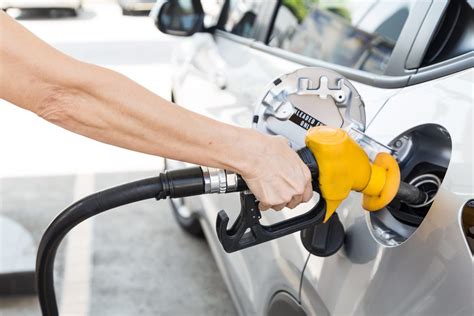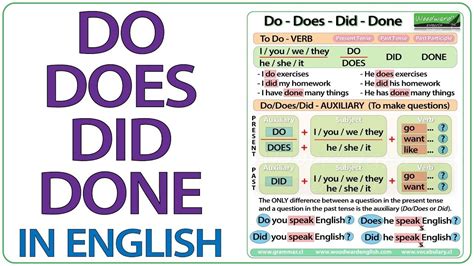Unraveling the Octane Mystery: Regular vs. Premium
The fuel pump often presents us with a choice: regular, mid-grade, or premium. For many drivers, the temptation to opt for the higher-octane, more expensive premium fuel is strong, fueled by the belief that it will unlock superior performance, better fuel economy, or a cleaner engine. But is this belief rooted in fact, or is it a common misconception costing motorists extra money?
At the heart of this debate lies the octane rating, which is the primary difference between regular (typically 87 octane) and premium (typically 91-93 octane) gasoline. Octane isn’t a measure of energy content or “power” in the fuel; rather, it indicates a fuel’s resistance to pre-ignition, also known as engine knock or pinging.
![[100+] Octane Apex Wallpapers | Wallpapers.com](/images/aHR0cHM6Ly90czIubW0uYmluZy5uZXQvdGg/aWQ9T0lQLlBleG91ZTJWenFtdjFlWEpibi1GR3dIYUQ3JnBpZD0xNS4x.webp)
Engine Design and Octane Requirements
Modern engines are highly sophisticated, but their fuel requirements are fundamentally tied to their design, specifically the compression ratio. Engines with higher compression ratios or those that use forced induction (turbochargers or superchargers) generate more heat and pressure within the combustion chamber. In these engines, lower-octane fuel can ignite prematurely before the spark plug fires, leading to uncontrolled combustion – the aforementioned “knock.” This can cause significant engine damage over time.
Manufacturers precisely engineer their vehicles to run on a specific octane level. If your car’s owner’s manual states “regular unleaded” (87 octane), that’s exactly what the engine is designed for. Using a higher octane fuel than recommended for such an engine offers no performance benefit whatsoever because the engine’s timing and fuel delivery systems are optimized for 87 octane.

When Premium Fuel Makes a Difference
Premium fuel genuinely makes a difference for vehicles that explicitly require it. These typically include high-performance sports cars, luxury vehicles, and many cars with turbochargers or superchargers. In these cases, the manufacturer has designed the engine to take advantage of the higher octane’s knock resistance, allowing for more aggressive ignition timing and higher boost pressures without causing damage. Using regular fuel in these cars can lead to the engine’s computer retarding timing to prevent knock, which will result in reduced performance and potentially lower fuel efficiency.
Many modern vehicles, even those not explicitly requiring premium, are equipped with knock sensors. These sensors detect pre-ignition and can adjust the engine’s timing to compensate. While this prevents damage, it also means the engine might not be operating at its peak efficiency or power output if it’s constantly having to adjust for lower-octane fuel when it was designed for premium.

The Placebo Effect and Marketing Myths
For the average car, pouring in premium fuel often leads to a “placebo effect.” Drivers feel like their car is running better, smoother, or more powerfully, even if objective tests show no measurable difference. This perception is often reinforced by clever marketing that associates premium fuel with luxury, performance, and engine cleanliness.
While some premium fuels do contain a slightly higher concentration of cleaning additives, all gasoline sold in the United States (and many other countries) is required to meet Top Tier Detergent Gasoline standards, ensuring adequate cleaning agents are present to prevent deposit buildup. So, relying on premium for “cleaner” fuel is largely unfounded for most drivers.

Saving Your Cash: The Verdict
The clear advice is to consult your vehicle’s owner’s manual. If it specifies “premium fuel required,” then use premium. If it says “premium fuel recommended,” you can often get by with regular fuel without harm, though you might experience a marginal decrease in peak performance or fuel economy in specific driving conditions. However, if your manual simply states “regular unleaded,” then using anything higher than 87 octane is quite literally throwing money away.
In most cases, for the vast majority of daily drivers, premium fuel does not boost performance, improve fuel economy, or significantly clean your engine any better than regular unleaded. It simply costs more. Save your cash and stick to the fuel octane level recommended by the manufacturer for optimal performance and efficiency.





